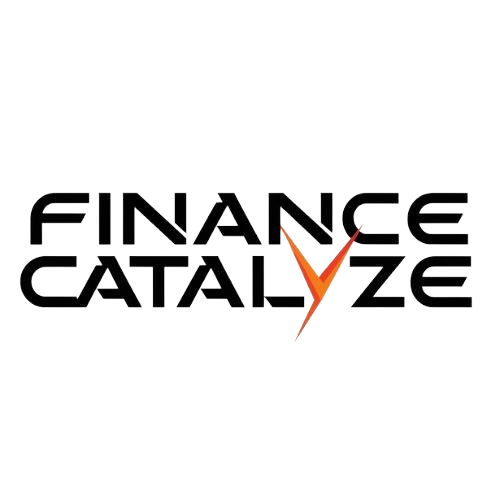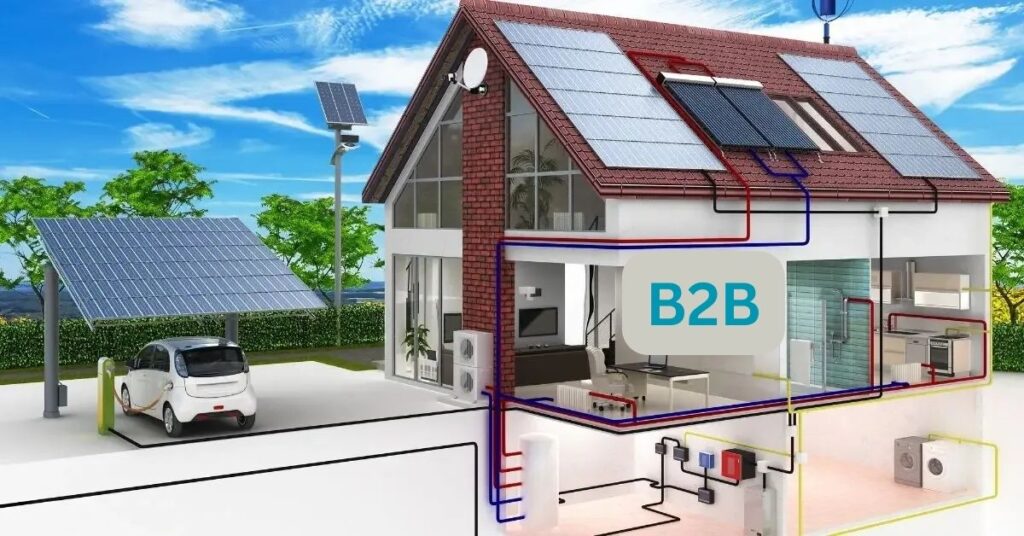Choosing a solar installer to finance B2B involves selecting a company to partner with for installing solar panels and related equipment on business premises. It requires evaluating factors such as the installer’s experience, reputation, financing options, and commitment to quality and sustainability. They making an informed decision, businesses can ensure a successful solar installation that meets their energy needs and contributes to their bottom line.
Understanding B2B Solar Financing
B2B solar financing refers to the process where businesses partner with solar installers to fund the installation of solar panels and associated equipment on their premises. This arrangement typically involves various financing options such as leasing, power purchase agreements (PPAs), and outright purchases.
The goal of B2B solar financing is to help businesses transition to renewable energy sources while managing costs effectively. They understanding the intricacies of B2B solar financing, businesses can make informed decisions to meet their energy needs sustainably.
Check for Certifications and Licenses

- Verify if the solar installer holds certifications like NABCEP (North American Board of Certified Energy Practitioners).
- Ensure the installer possesses the necessary licenses required for solar installation in your area.
- Check for insurance coverage to safeguard against potential risks during installation.
- Confirm compliance with legal standards and regulations in the solar industry.
- Seek proof of professional training or qualifications relevant to solar installation.
Consider Partnerships and Network
Considering partnerships and networks involves assessing the solar installer’s connections with reputable manufacturers and financial institutions. This collaboration can provide access to preferential pricing, advanced technology, and streamlined financing options. They choosing an installer with strong partnerships, businesses can enhance efficiency and cost-effectiveness in their solar projects.
Factors to Consider When Choosing a Solar Installer
- Experience and Expertise: Look for a company with a proven track record in commercial solar installations.
- Reputation and Reviews: Research online reviews and testimonials from past clients to gauge customer satisfaction.
- Licensing and Certifications: Ensure the installer holds necessary licenses and certifications required to operate in your area.
- Financing Options Offered: Consider the variety of financing options provided by the installer, such as leasing arrangements and PPAs.
- Warranty and After-sales Service: Evaluate the warranty coverage offered for both equipment and installation, as well as the responsiveness of after-sales support.
- Comparing Costs and ROI: Assess upfront costs and long-term savings to determine the return on investment (ROI) of the solar project.
- Customized Solutions: Look for an installer that offers tailored solutions based on your business’s energy requirements.
- Transparency and Communication: Choose an installer that maintains clear communication and provides transparent pricing and contracts.
- Environmental Impact: Consider the installer’s commitment to sustainable practices and reducing carbon footprint.
- Negotiating Terms and Contracts: Review and negotiate service agreements to ensure fair and transparent terms.
Also Read: How to choose a solar installer to finance?
CHECK FOR CERTIFICATIONS AND LICENSES
When selecting a solar installer, it is essential to check for certifications and licenses. Certifications, such as those from the North American Board of Certified Energy Practitioners (NABCEP), validate the installer’s expertise and competence. Also, ensure the installer holds the necessary licenses required for solar installation in your area, guaranteeing compliance with local regulations and building codes.
Adequate insurance coverage is also crucial, protecting against potential risks during installation and ensuring liability coverage for property damage or injuries. They verifying these credentials, you can trust that your chosen solar installer meets the necessary standards for a successful installation.
Top of Form
ANALYZE FINANCIAL HEALTH

- Review financial statements for revenue, profitability, and cash flow.
- Check credit references or credit scores for creditworthiness.
- Assess debt levels and liquidity position.
- Consider the reputation and track record in the industry.
- Look for positive reviews from past clients and completed projects to gauge reliability and financial soundness.
CONSIDER PARTNERSHIPS AND NETWORK
Considering partnerships and networks is crucial when choosing a solar installer. Evaluate their collaborations with manufacturers and financial institutions to access preferential pricing and advanced technology. A robust network can streamline financing options and enhance the efficiency of your solar project.
Assess Customer Service and Support
Responsiveness: Evaluate how quickly the solar installer responds to inquiries and requests for information.
Communication: Consider the clarity and effectiveness of communication during the installation process and post-installation support.
Knowledgeability: Determine the level of expertise demonstrated by the installer’s customer service representatives in addressing inquiries and concerns.
Problem Resolution: Assess the efficiency and effectiveness of the installer in resolving any issues or problems that may arise during or after the installation.
Satisfaction: Gather feedback from past clients to gauge their satisfaction with the customer service and support provided by the installer.
Availability: Ensure that the installer offers ongoing support and maintenance services to address any future needs or issues with the solar system.
Also Read: What companies are in the finance field?
SECRET OF HOW TO CHOOSE A SOLAR INSTALLER TO FINANCE B2B: EVALUATE EXPERTISE AND EXPERIENCE

The key to selecting a solar installer for B2B financing is to thoroughly assess their expertise and experience in commercial solar installations. Look for a company with a proven track record in executing similar projects, demonstrating a deep understanding of the complexities inherent in business-to-business solar initiatives. They prioritizing experience and expertise, businesses can ensure a seamless transition to solar energy while maximizing the benefits of their investment.
Final Thought
Choosing the right solar installer to finance B2B projects is a significant decision for businesses. They carefully evaluating factors such as experience, reputation, financing options, and partnerships, businesses can ensure a successful transition to solar energy. Then the right installer, businesses can meet their energy needs sustainably while contributing to their bottom line and environmental responsibility.
Frequently Asked Questions
How do I choose a solar panel installer?
Assess experience, reputation, and financing options when choosing a solar panel installer.
How do I choose between solar companies?
Compare factors like cost, warranties, and customer reviews to choose between solar companies.
How to start a solar panel business UK?
Research regulations, obtain necessary permits, and secure financing to start a solar panel business in the UK.
What qualifications do I need to install solar panels UK?
Qualifications may include NICEIC certification and relevant electrical or engineering qualifications for installing solar panels in the UK.
What is the role of solar PV engineer?
Solar PV engineers design, install, and maintain solar PV systems, ensuring efficient energy production and system functionality.

Haarrii, a seasoned finance expert with 4 years of hands-on experience, brings insightful analysis and expert commentary to our platform. With a keen eye for market trends and a passion for empowering readers, Haarrii delivers actionable insights for financial success.







